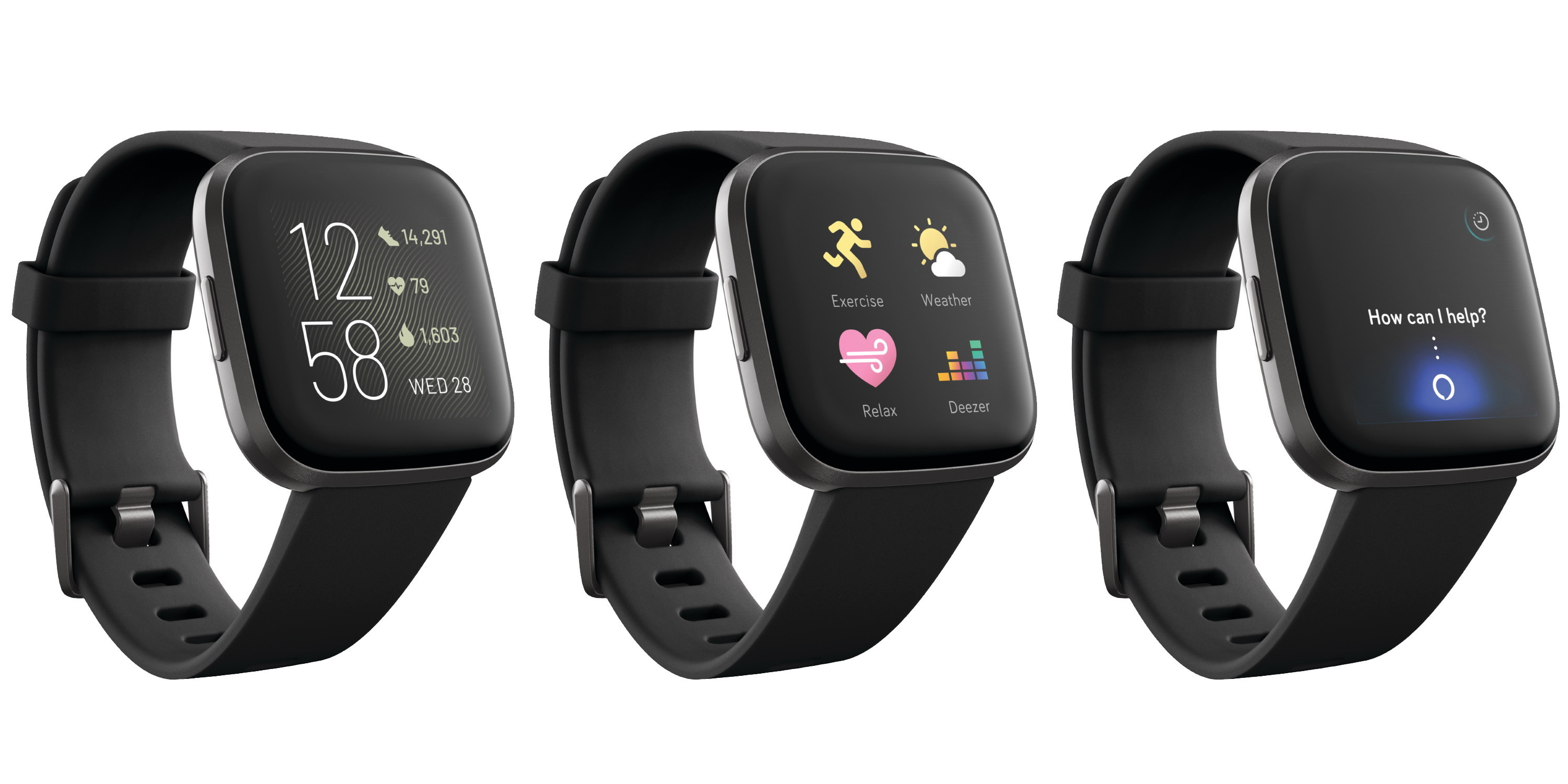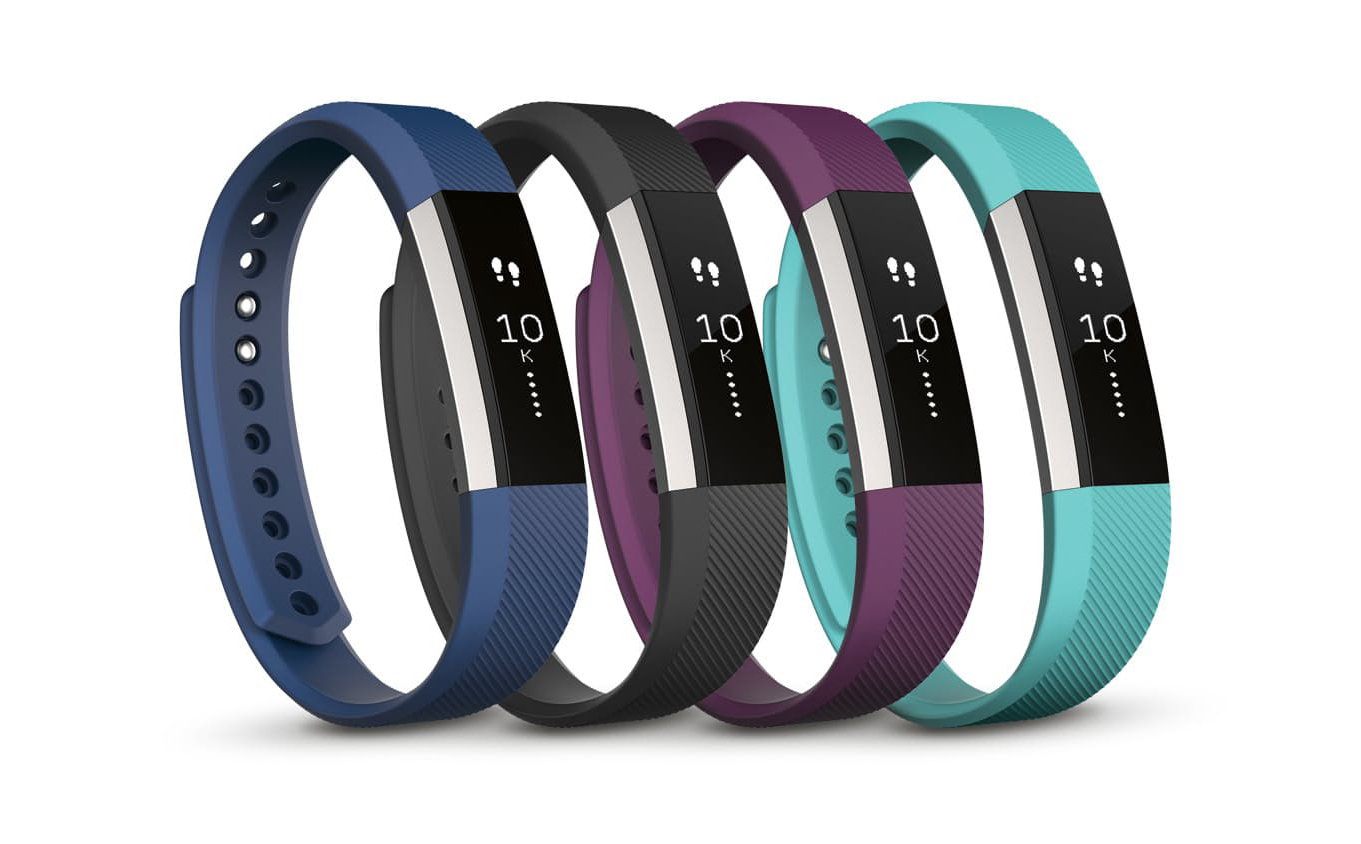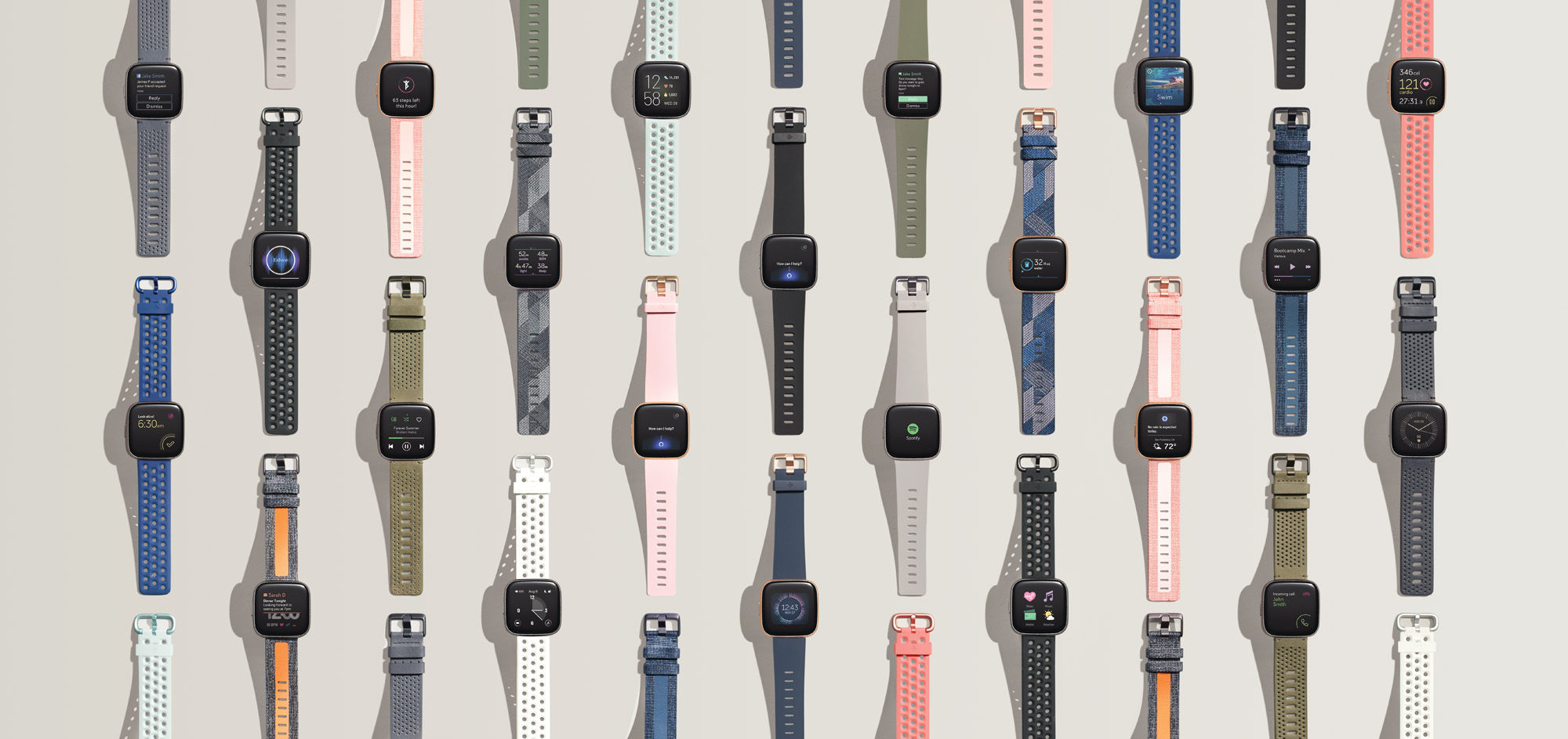The MoveMeant Challenge has been an annual collaboration between Fitbit and diabetes NZ for five years now.
This year, we have had a diverse group of New Zealand’s brightest stars getting involved and “stepping up to the challenge” – in competition with each other for two weeks straight, to get the highest step count. This is all in the name of creating a conversation about diabetes, emphasizing the importance of regular exercise.
We are lucky enough to have Ruby McGill as a participant this year. Ruby is a type 1 diabetic herself, so is very motivated in diabetes awareness and support. In the Q&A below, Ruby has spoken to wearable tech and how it can benefit diabetics and has also discussed diabetes funding in New Zealand.
Over the first week of the MoveMeant Challenge, we have raised over $37,000 for diabetes NZ. The goal for the MoveMeant Challenge 2020 fundraising is $40,000. With everything that is happening in New Zealand, this fundraising is even more important to assist Diabetes NZ as they support people with diabetes who are deemed to be at high risk. These services are not generally funded by grants, so fundraising from this type of activity is essential to fill the gaps in grant funding.
Ruby is now currently sitting at second place with almost 300,000 steps under her belt. The winner this year not only gets a trophy and bragging rights, but they will be able to donate Fitbit devices to a Diabetes NZ youth group of their choice, to encourage exercise and a healthy lifestyle. Ruby recently sat down with us here at STG for a chat about the MoveMeant Challenge and how Fitbit smartwatches aide in her control of Diabetes.

Ruby McGill
STG: With yourself being a pioneer for diabetes funding in New Zealand can you tell us how you got into this role?
Ruby: I have lived with Type 1 diabetes for the past 20 years and have recently been able to use a continuous glucose monitor (CGM), an incredible lifesaving diabetes device thanks to the financial support of my parents and uncle. Due to this technology my diabetes management is the best it’s ever been, I feel confident to navigate the highs and lows and am more aware of the effects diabetes and my blood sugars have on my body and overall health and wellbeing.
Unfortunately, this technology is not funded in New Zealand. Therefore, the majority of people living with Type 1 diabetes and their supporters will never experience the benefits of this lifesaving, life changing technology and that’s not good enough. It shouldn’t be a luxury to live well with diabetes in Aotearoa.
STG: How does Fitbit assist in the monitoring and control of diabetes?
Ruby: Using a Fitbit keeps me accountable and encourages me to move my body regularly. Regular movement helps me regulate my blood sugar levels and increases my insulin sensitivity, which leads to overall better control and better health outcomes.

I can also track my sleep patterns using the Fitbit. Poor sleep can affect a person’s blood sugar levels and overall mood, so it’s helpful to identify patterns and where we can improve.
A Fitbit can also display data from a Dexcom continuous glucose monitor which means at a glance you can quickly see how your blood sugar levels are tracking and take action to reduce dangerous lows or stubborn high blood sugars.
STG: With the current situation with Covid-9 taking a mental strain on New Zealanders and those with diabetes also having to cope with their usual day to day treatments and medication schedules, can you see how Fitbit can assist?
Ruby: Absolutely! Tracking your steps using a Fitbit can encourage you to keep moving to smash those daily step goals.
The feature to create challenges with friends also keeps us connected while having fun and moving our bodies. A fantastic outcome for our body and mind.

STG: Fitbit is the number one smart wearable for both Fitness and wellbeing. How difficult would it be without the use of a Fitbit to maintain the required activity and how active does one with diabetes need to be?
Ruby: A Fitbit can help keep movement in the forefront of your mind, making it part of your daily life and routine.
STG: Thanks again for talking with us today. Final question how can New Zealanders in general, with or without diabetes assist in urging the Government funding for diabetics?
Ruby: At this stage the best way to help challenge the Government to fund CGMS for people living with Type 1 diabetes would be to follow, support and get involved with the work being completed by Diabetes NZ, Patient’s Voice Aotearoa and T1D Mastery.
STG: Thank you for talking with us, really appreciate it. You can also sign the petition urging the Ministry of Health to reform PHARMAC and double the PHARMAC budget at www.sign4life.nz

